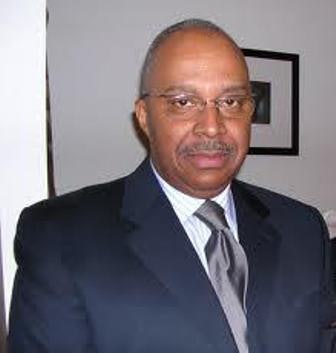
Dr. Anthony Monteiro—who has taught as a full-time, non tenure-track instructor of African American Studies at Temple for the past nine years—recently told a group of Philadelphia activists that the decision to strip him from chairing dissertation committees was a retaliatory act for his public criticism of Dr. Teresa S. Soufas, who is dean of the university’s College of Liberal Arts.
“I think it’s a direct response to the battle we waged in the Spring to get Dr. Molefi Kete Asante as the chair of the department over her objections,” said Monteiro to the crowd who gathered at The Church of the Advocate in North Philadelphia for a town hall meeting on the future of Black studies at the university. “But it required a public airing of the situation in the department and that went way beyond anything she can personally tolerate.”
But Asante—who has publicly clashed with Soufas in the past but was appointed chair by her after the department unanimously recommend him to the post earlier this year—said in an interview that Monteiro’s allegations are simply not true.
“There is no link,” said Asante, who founded the nation’s first doctoral program in African American Studies at Temple 25 years ago. “Non-tenure track faculties at Temple do not chair dissertation committees. The Department of African American Studies participates as a unit in the university and we believe that the practice of having tenure track faculty members on the graduate faculty direct dissertations is consistent with the highest standards of academic advisement, student progress and instructional excellence.”
In an interview with Diverse, Soufas agreed. She said that it has long been Temple’s policy that only tenure-track or tenured faculty members can chair dissertation committees, although non tenure-track faculty like Monteiro can serve as committee members.
Monteiro’s claims, she said, are an “embarrassment” since the policy outlined in the graduate student handbook clearly spells out who can chair a dissertation committee.















